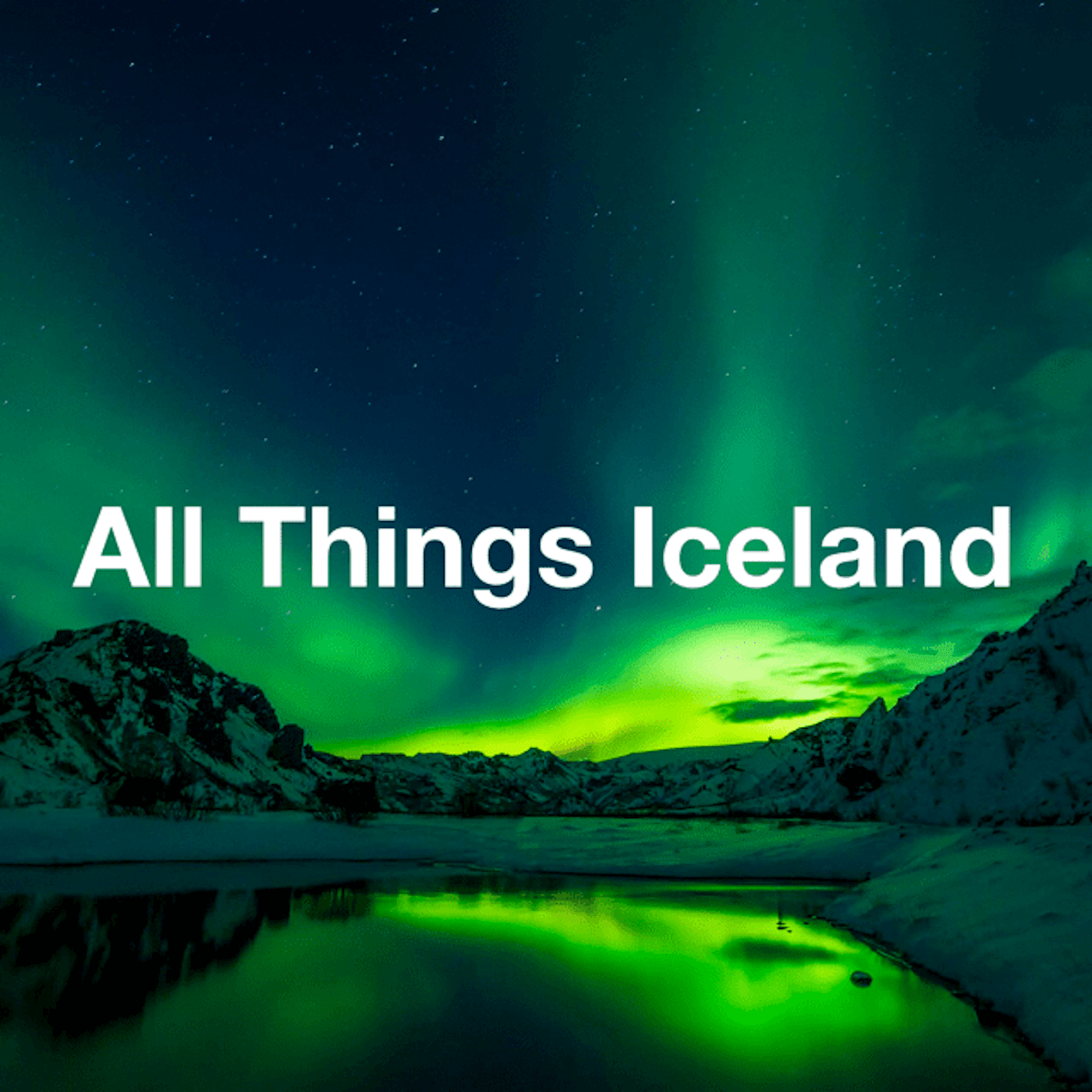
All Things Iceland
Recently a horrific accident in an ice cave resulted in a tragedy that has rocked the Icelandic tourism industry. After international news sources picked up this incident, many potential visitors have expressed worry about whether they should ever go into an ice cave.I’m going to share what has been reported in Iceland, action being taken to prevent potential ice cave tragedies, and when it is safest to go on an ice cave tour.Before I dive in though, I would like to extend my deepest condolences to the family of the person who lost their life.
An Ice Cave Tour Turns into Tragedy
On Sunday, August 26th, 2024 rescue crews in Southeast Iceland searched for two missing tourists after an ice cave partially collapsed on the Breiðamerkurjökull glacier. The collapse occurred while a group of tourists was inside the cave. One tourist, a US national, was pronounced dead at the scene, while another, his pregnant wife, sustained serious injuries and was flown to a hospital in Reykjavík.
Continuing Search and Rescue Efforts
Following the collapse, around 50-60 rescue workers were deployed to the site, working in rotating shifts to clear away ice by hand due to the inability to bring heavy equipment to the site. Although weather conditions were favorable, the difficult glacier environment posed challenges to the rescue efforts.Authorities as well as Search & Rescue teams had initially been told that 25 tourists were on the tour but only 23 were accounted for. The assumption was that two people were buried under the ice or stuck in the cave.After a day of Search & Rescue workers digging in the ice in three groups doing one-hour shifts at each time, the search was called off for the two missing people because they never went on the tour. So basically, the tour company only had 23 people on the tour but initially thought there was 25.
Concerns Over Tour Safety and Regulations
The incident has sparked criticism from experts and officials regarding the safety practices of tour companies offering ice cave tours on Breiðamerkurjökull glacier. Experienced glacier guides had previously raised concerns about the dangers of operating such tours outside the safer winter months (December to March).A 2017 risk assessment report had already warned against summer ice cave tours due to increased risks, yet tour companies continued these excursions year-round, driven by the growing tourism market.
Government and Park Authorities' Response
In response to the accident, Vatnajökull National Park temporarily suspended all ice cave tours within its boundaries. The park authorities, along with government officials, expressed deep regret over the incident and acknowledged the failure to enforce earlier safety warnings. A government task force has been established to investigate why these warnings were not heeded and to ensure stricter regulations moving forward.
Call for Stricter Regulations on Ice Cave Tour Operations
The conduct of the tour company involved, Ice Pic Journeys, has been criticized, particularly for its marketing practices. Officials are now calling for a reassessment of the regulatory framework governing ice cave tours, with potential new regulations to prohibit such tours during unsafe periods.The Icelandic Tourist Board is also considering expanding its oversight to require all tour operators to submit safety plans, rather than relying on a sample. One other important finding is that the area where the accident took place had been advised against going to because of recent glacial movements over that summer that could make dangerous conditions.
National Park and Government Actions
Our current Prime Minister and other government officials have emphasized the need to understand the regulatory failures that led to the tragedy.
“At first glance, it seems we have a decent regulatory framework concerning insurance, education,
Why Iceland Has Suspended Ice Cave Tours in Vatnajökull National Park
04. sep 2024
 Fyrri þáttur
Fyrri þáttur